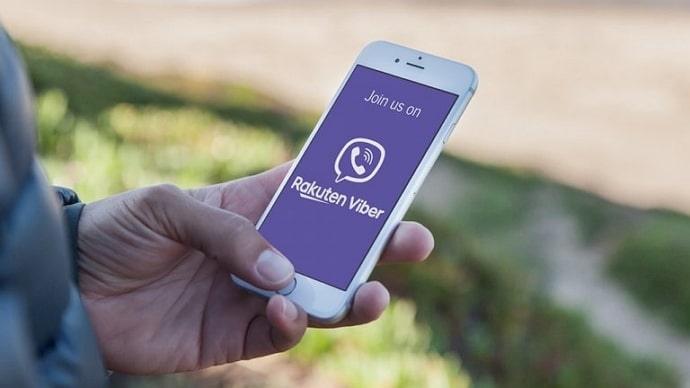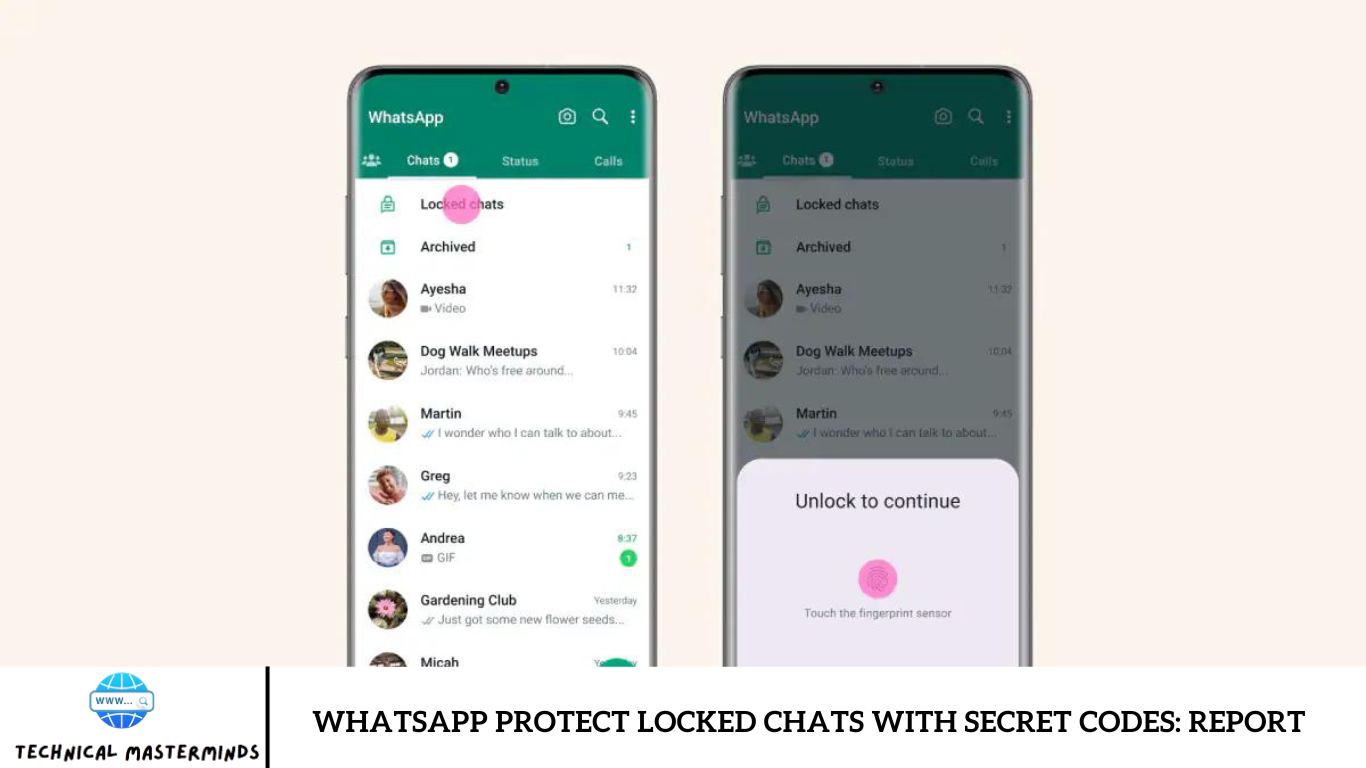How to Leave a Viber Group Without Anyone Knowing: Leaving a Viber group can sometimes feel like navigating a social minefield, especially if you wish to do so discreetly. In a world where communication is increasingly digital, being part of group chats can be both beneficial and overwhelming. Whether it’s a family group, a work-related chat, or a community forum, there are moments when stepping back becomes necessary. Perhaps the conversations have grown irrelevant, or maybe the constant notifications have become too much to handle.
This guide explores the nuances of leaving a Viber group without drawing attention. It delves into practical strategies for gracefully exiting and ensuring that your departure goes unnoticed. By understanding the platform’s features and employing thoughtful approaches, you can prioritize your digital well-being while minimizing potential awkwardness.
From adjusting your notification settings to silently exiting the chat, you’ll learn how to reclaim your peace of mind without causing unnecessary drama. Ultimately, knowing how to leave a group chat without a fuss empowers you to maintain control over your social interactions and ensures that your digital space reflects your current priorities and preferences. Embrace the freedom of disconnecting, all while keeping the peace with those left behind.
Read Also: How to Find Someone on Discord Without Adding Them – 2024
Assessing Your Viber Group Dynamics
Before deciding to leave a Viber group, it’s essential to evaluate the dynamics within the group. Understanding the nature of interactions and relationships can help you determine if stepping away is the right choice. Here are some key factors to consider:
- Purpose of the Group: Reflect on the group’s primary objective. Is it meant for sharing important information, socializing, or coordinating activities? If the group’s purpose no longer aligns with your interests, it may be a sign to exit.
- Frequency of Engagement: Analyze how often group members are active. Are the conversations lively and engaging, or do they feel overwhelming and irrelevant? If you find yourself frequently tuning out or feeling disconnected, leaving might be beneficial.
- Tone and Content of Conversations: Pay attention to the nature of the discussions. Are they positive and supportive, or do they often devolve into negativity or conflict? A toxic atmosphere can drain your energy and motivation to participate.
- Personal Relationships: Consider your relationships with other group members. Are there friends or colleagues whose opinions you value? If you’re close to certain members, think about how your departure might affect those connections.
- Notification Overload: If constant notifications from the group disrupt your daily life, it may be time to assess whether the group serves your needs or becomes a source of stress.
- Frequency of New Members: If the group frequently adds new members, it might significantly change the dynamics. Determine if these changes affect your comfort level within the group.
By carefully assessing these dynamics, you can make an informed decision about whether leaving the Viber group is the best course of action for your digital well-being.
Adjusting Notification Settings for a Smoother Exit
Adjusting Notification Settings for a Smoother Exit
Before leaving a Viber group, adjusting your notification settings can help ease the transition and minimize potential awkwardness. Here’s how to manage your notifications effectively:
Mute Group Notifications:
- Start by muting notifications for the group. This action allows you to disengage from constant alerts without leaving the group immediately.
- To mute notifications, go to the group chat, tap on the group name at the top, and select “Mute Notifications.” You can choose to mute them for a specific duration (e.g., 8 hours, one week, or indefinitely).
Limit Message Previews:
- Adjust your privacy settings to limit message previews in notifications. This way, you won’t see the content of messages, making it easier to ignore the group without feeling tempted to read messages.
- Navigate to Settings > Notifications > and turn off message previews.
Control Vibration and Sound Alerts:
- To reduce distractions, turn off vibration and sound alerts for the group. These options are in the same notification settings.
- Set the notifications to “Silent” or choose a less intrusive tone.
Review Group Chat Behavior:
- As you mute notifications, observe how the group dynamics shift. You may find that the conversations are less engaging, reinforcing your decision to leave.
Gradual Disengagement:
- Use this muted period to gradually disengage from the conversation. Respond less frequently or only when necessary, allowing you to slip away naturally before making a final decision.
Assess Your Feelings:
- After muting the group for a while, assess how you feel about the interactions. If you find the silence refreshing, it may confirm your desire to exit.
By carefully adjusting your notification settings, you can create a buffer that allows you to exit the group with minimal fuss, giving you the space you need to make the best decision for your well-being.
Using the Mute Feature Before Leaving
The mute feature in Viber is an effective tool that allows you to disengage from a group chat without making an immediate exit. By utilizing this feature strategically, you can assess your feelings about the group while minimizing distractions. Here’s how to make the most of the mute feature before deciding to leave:
-
- Initiate Muting: To mute a group, open the chat and tap on the group name at the top of the screen. From there, select the “Mute Notifications” option. You can choose a duration—such as 8 hours, one week, or indefinitely—depending on how long you want to step back.
- Observe Group Dynamics: Once muted, take some time to observe the group’s activity without being disturbed by notifications. This period of silence allows you to reflect on the conversations and dynamics without the pressure of immediate participation.
- Reflect on Engagement: With notifications turned off, assess how often you check the chat. If you find yourself rarely feeling the need to catch up, it may indicate that the group no longer holds significant value for you.
- Test Your Feelings: Use this time to evaluate your emotional response to the group. Do you feel relieved by the quiet, or do you miss the interactions? Your feelings during this period can help clarify your decision.
- Gradual Disengagement: Muting the group allows for a gradual disengagement process. You can respond less frequently or only participate when something particularly relevant arises, easing the transition towards a potential exit.
- Communicate When Ready: If you decide to leave after the muting period, consider whether you want to communicate your decision to other members. Depending on the group’s dynamics, you might choose to send a brief message explaining your departure or exit without further communication.
By effectively utilizing the mute feature, you create a buffer that enables you to step back from the group thoughtfully, making your exit smoother and less conspicuous when the time comes.
Managing Group Chats: Alternatives to Leaving
Managing Group Chats: Alternatives to Leaving
If you’re feeling overwhelmed by a Viber group but are still deciding whether to leave, several alternatives allow you to manage your experience while still being part of the group. Here are some strategies to consider:
Mute Notifications:
- As discussed earlier, muting notifications can significantly reduce distractions. This allows you to engage on your terms without the pressure of constant alerts, giving you the flexibility to check the chat when you feel like it.
Set Boundaries:
- Communicate your availability to group members. Let them know when you’re less likely to respond, which can help set realistic expectations about your participation and encourage others to respect your boundaries.
Limit Participation:
- Consider becoming a passive member. You can choose to observe conversations without actively engaging. This way, you stay informed without feeling compelled to contribute to every discussion.
Redirect Conversations:
- If the group’s topics no longer interest you, try steering discussions towards subjects that align with your interests. This can rejuvenate your engagement and make the group feel more relevant.
Create Smaller Groups:
- If the more extensive group chat is unwieldy, suggest creating smaller sub-groups based on specific interests or projects.
Adjust Your Visibility:
- Your engagement with the group. By reducing your visibility or opting for a less active role, you can create a more comfortable space for yourself.
Use the Search Function:
- To avoid scrolling through extensive chats, utilize Viber’s search function to find specific messages or topics. This can help you stay connected without having to wade through unrelated conversations.
Engage Selectively:
- Engage with messages. Prioritize conversations that matter most to you, and feel free to skip those that don’t resonate.
Participate in One-on-One Chats:
- If you value certain relationships within the group, consider reaching out to individuals for one-on-one conversations. This allows you to maintain those connections while minimizing group chat stress.
By employing these alternatives, you can effectively manage your experience in a Viber group, ensuring that it remains a positive part of your digital interactions without the need for an abrupt exit.
Frequently Asked Questions
Can I rejoin a Viber group after leaving?
Yes, if the group is public or if you have an invitation link, you can rejoin a group after leaving.
Are there any consequences for leaving a group?
While there are no formal consequences, leaving may impact your relationships with certain group members. It’s always good to consider how it might affect those dynamics.
How can I prepare to leave a group without causing tension?
Mute notifications and slowly reduce your engagement. If necessary, have a private conversation with critical members to explain your decision before formally exiting.
Is it possible to leave a group chat without it being awkward?
Yes, you can minimize any potential awkwardness by using the mute feature initially and choosing an appropriate moment to leave.
What are some reasons people might want to leave a Viber group?
Common reasons include feeling overwhelmed by notifications, the group becoming irrelevant, experiencing negative interactions, or wanting to focus on more meaningful conversations.
Conclusion
Leaving a Viber group without anyone knowing may not be entirely possible due to the platform’s notification system; however, there are effective strategies to manage your experience and minimize any potential awkwardness. By utilizing features like muting notifications, setting boundaries, and gradually disengaging, you can create a smoother transition while prioritizing your digital well-being. It’s essential to assess the group dynamics and reflect on your reasons for wanting to exit. Engaging thoughtfully with the group can also lead to a more comfortable departure. Ultimately, the goal is to reclaim your space and peace of mind, ensuring that your online interactions align with your current needs and preferences.

